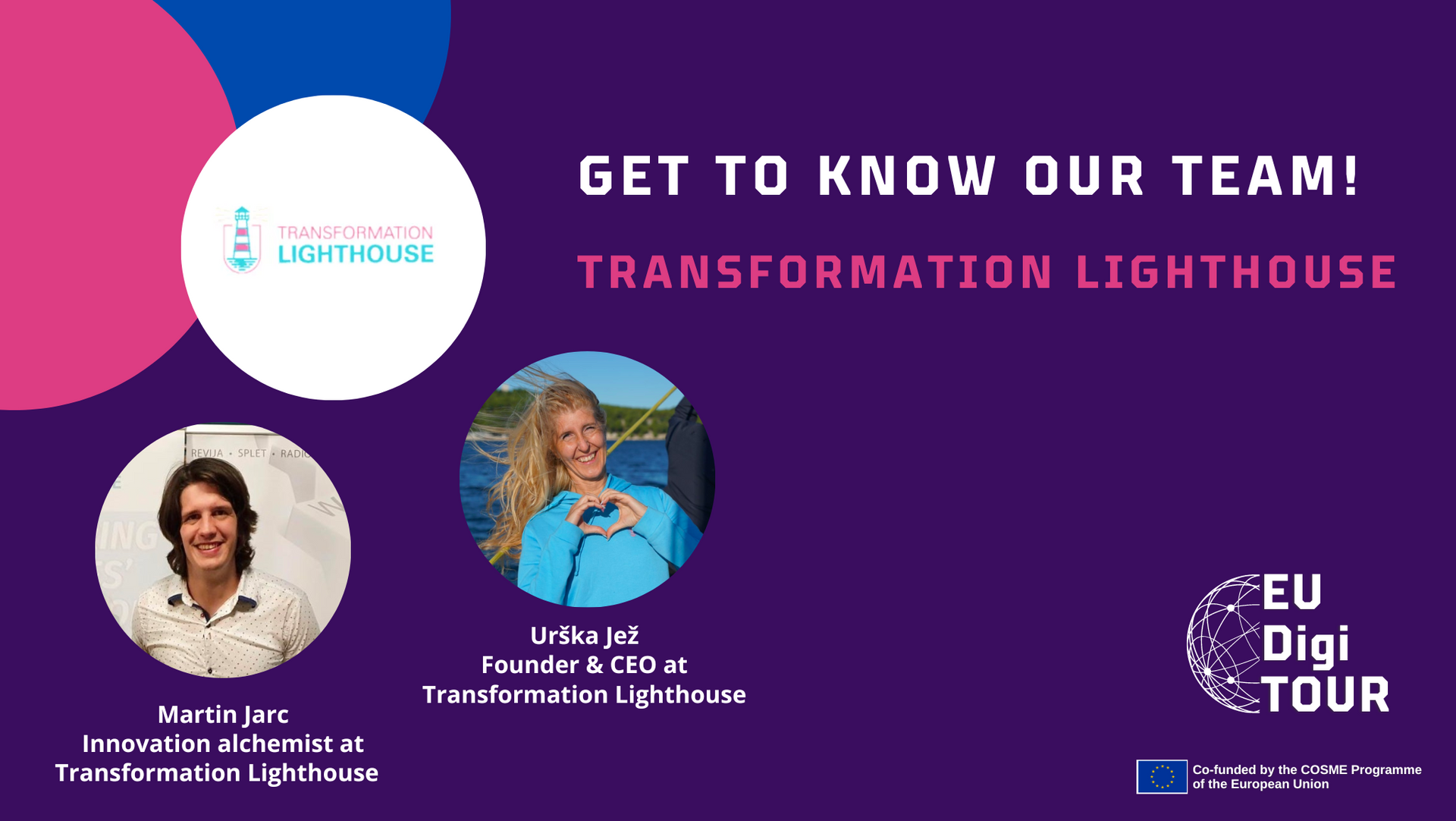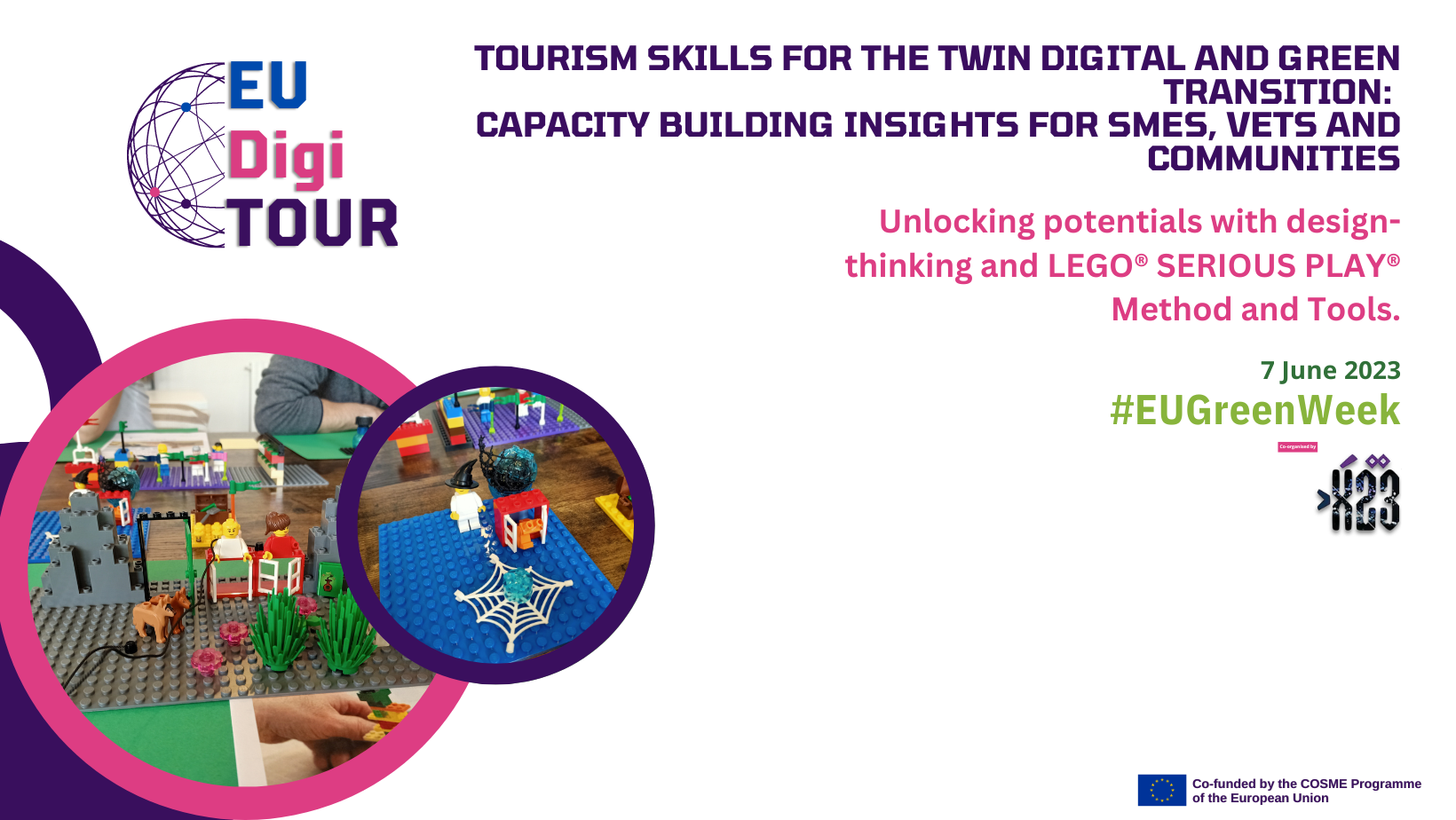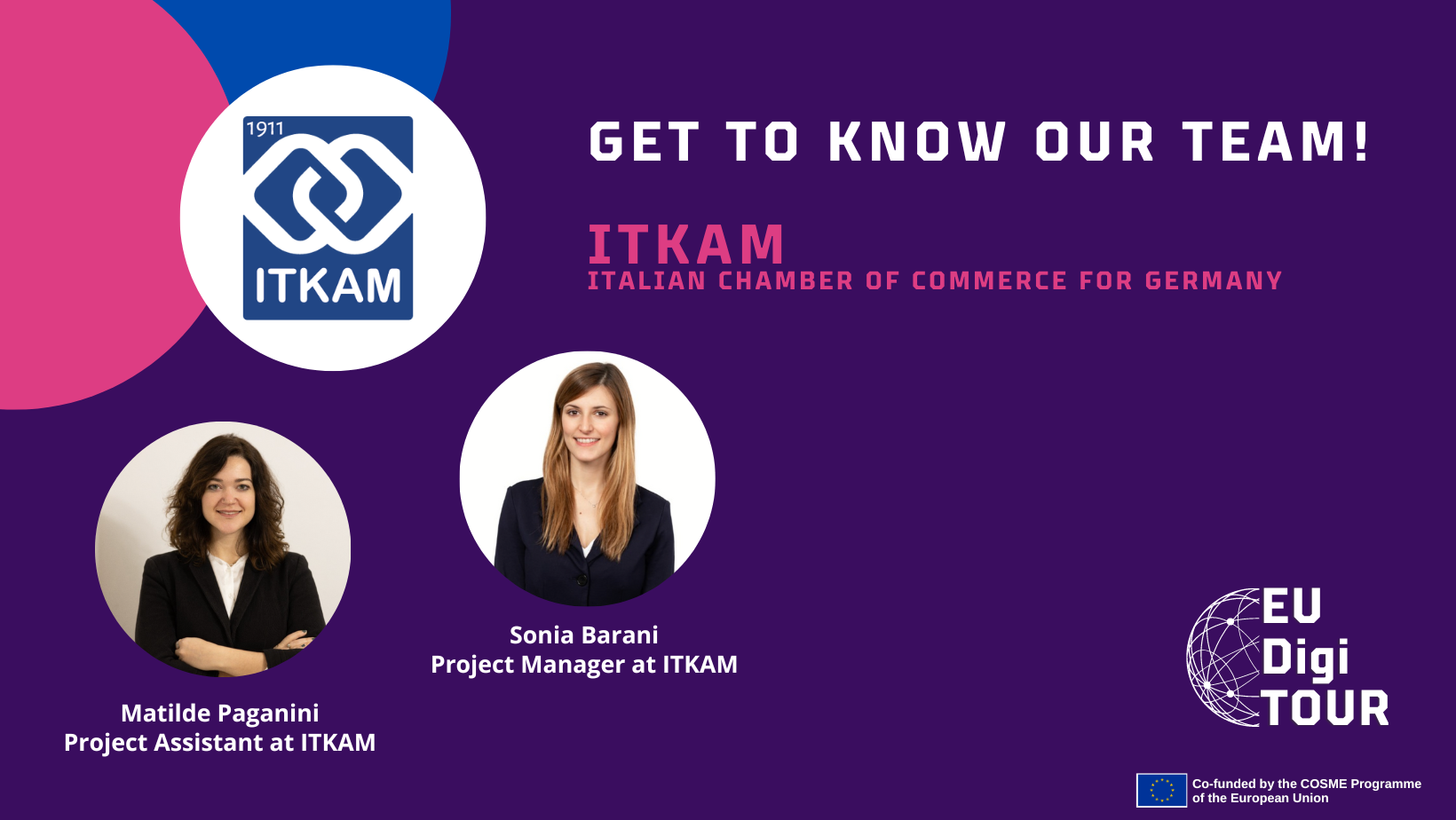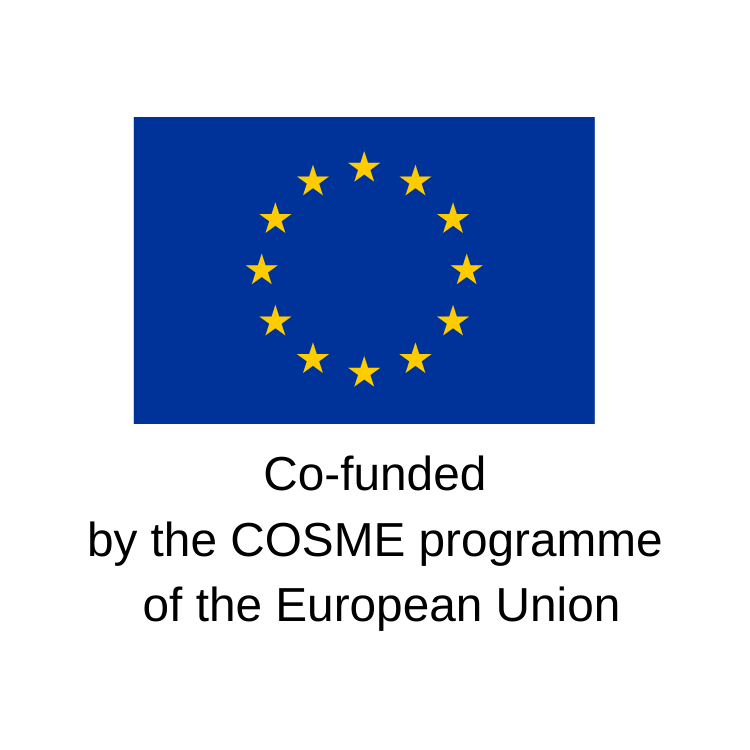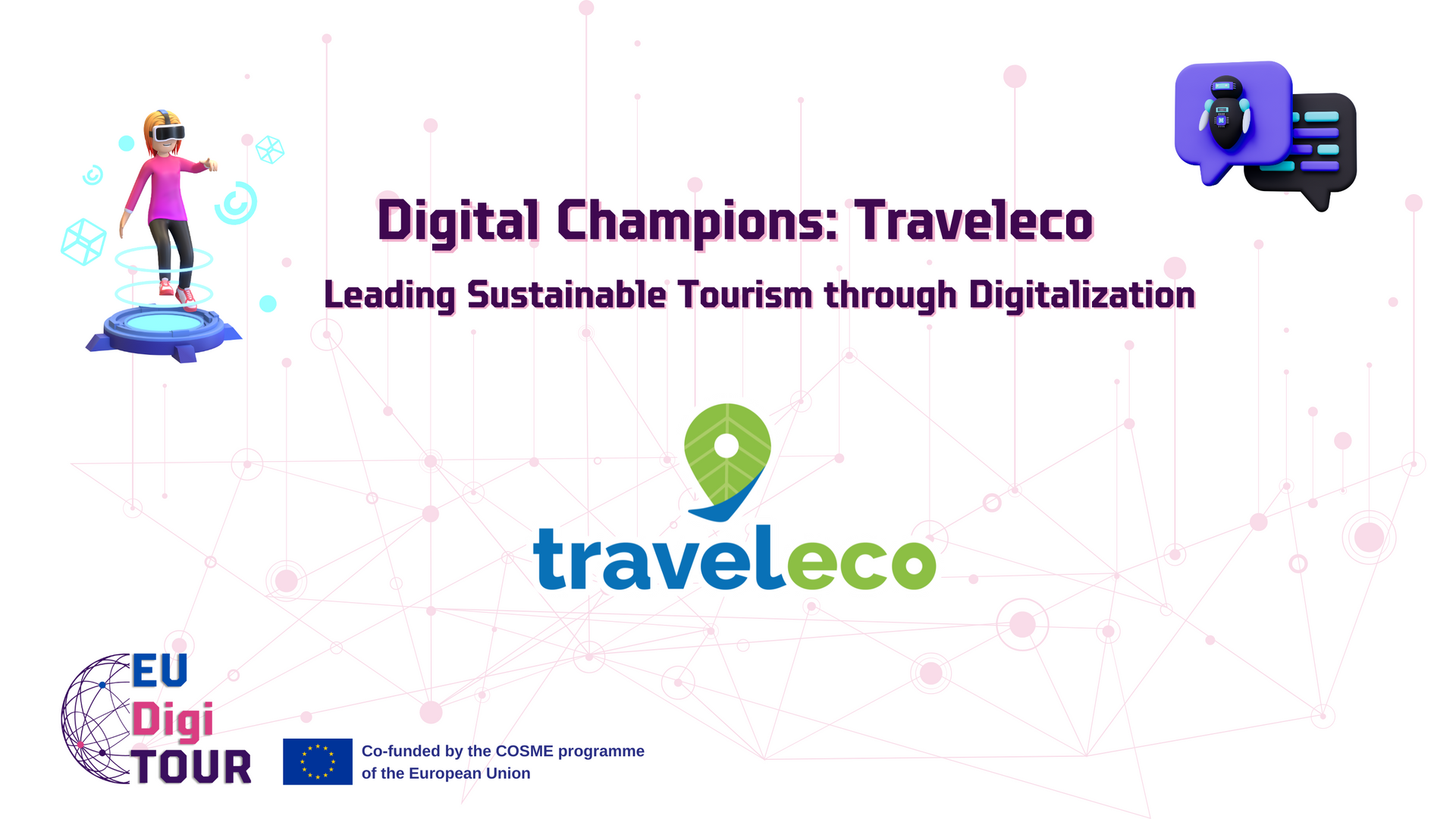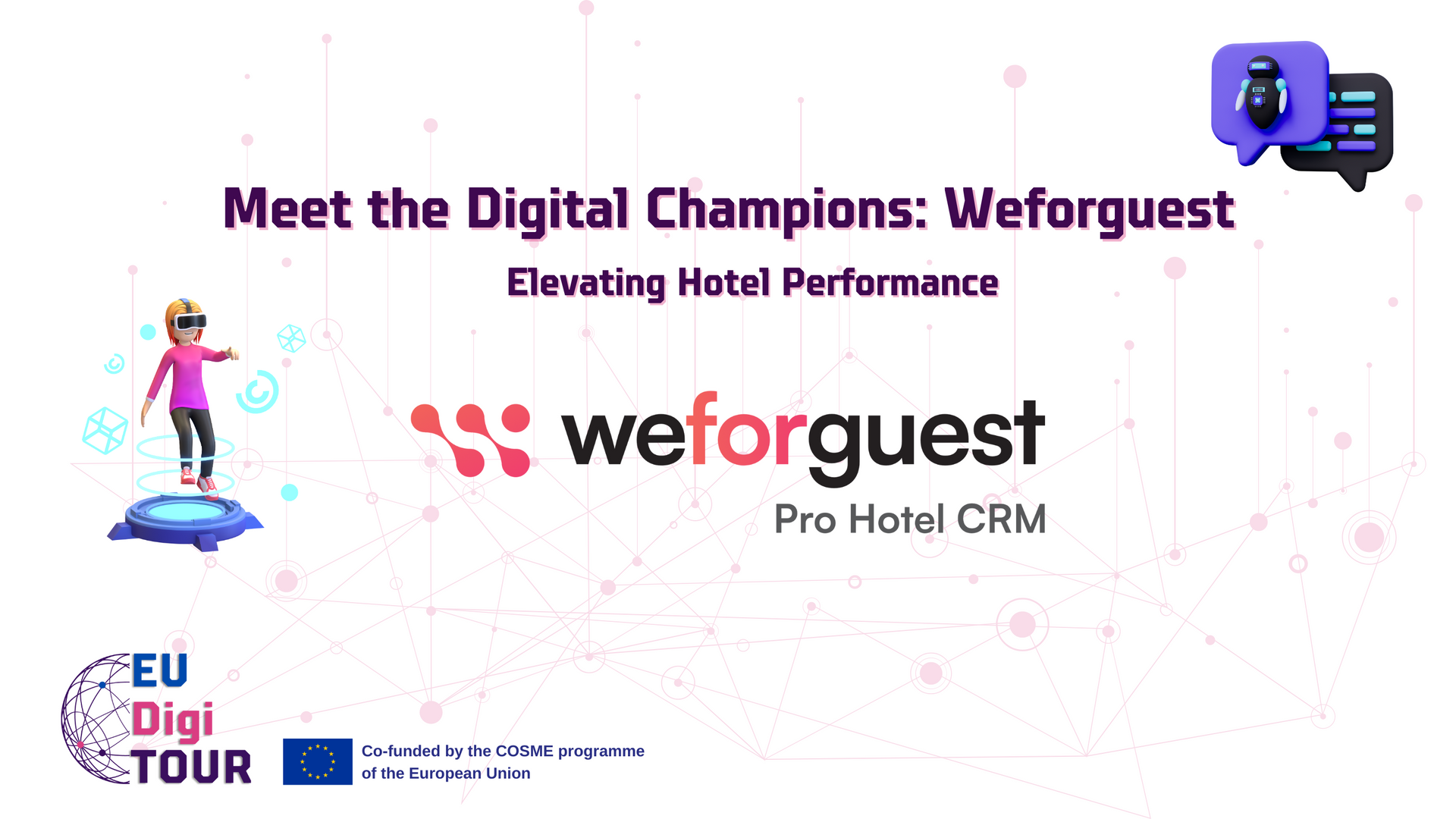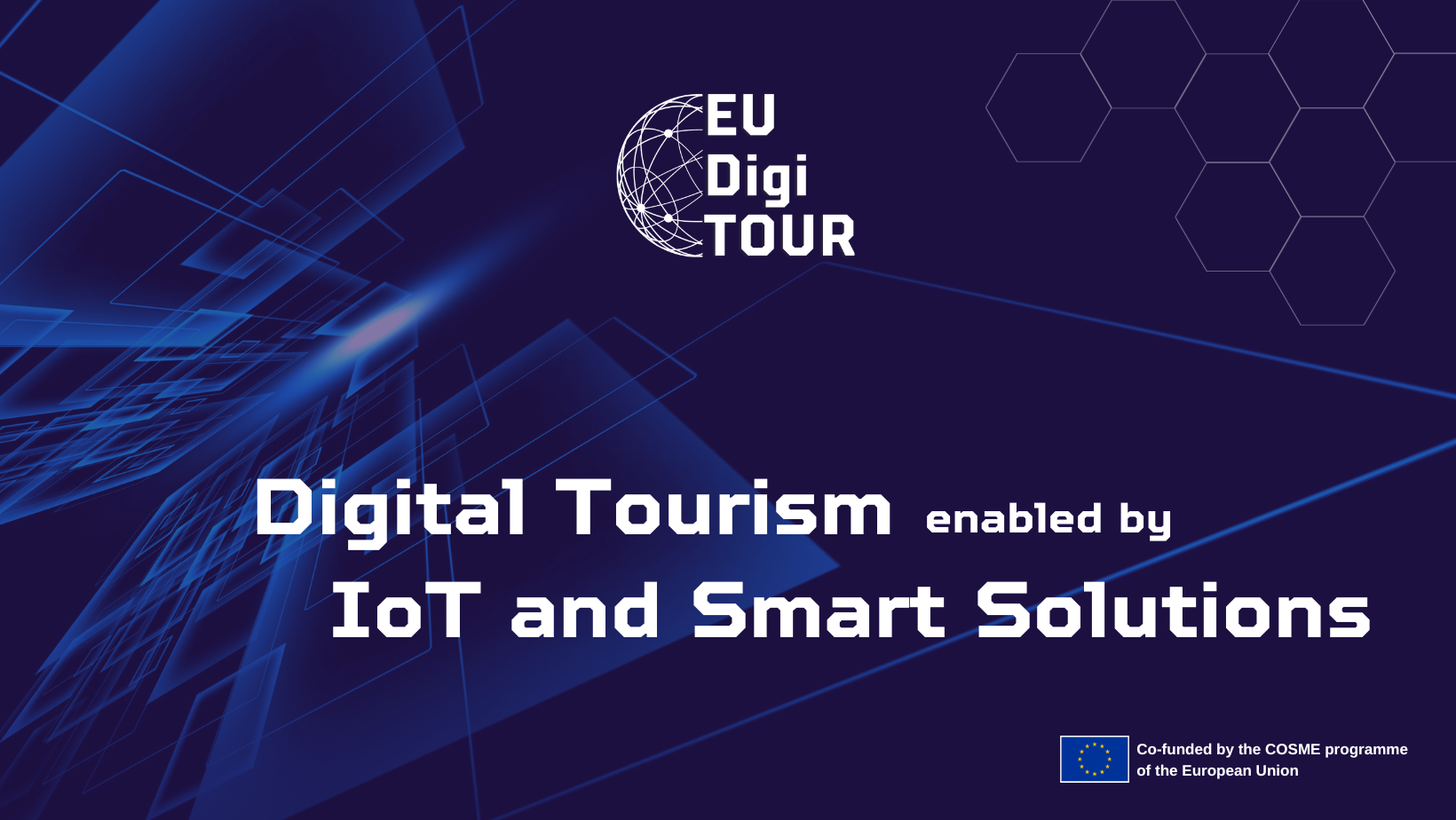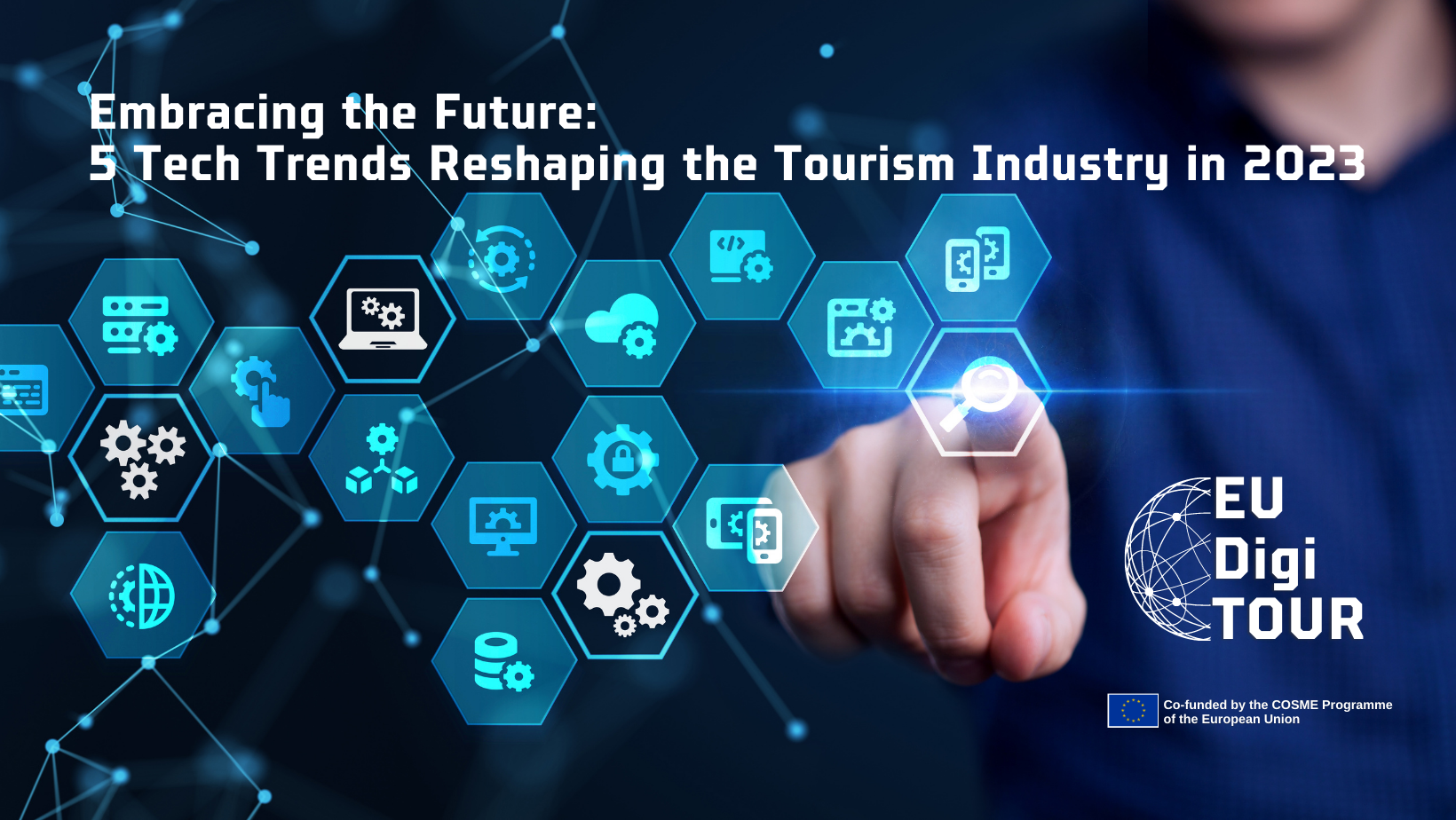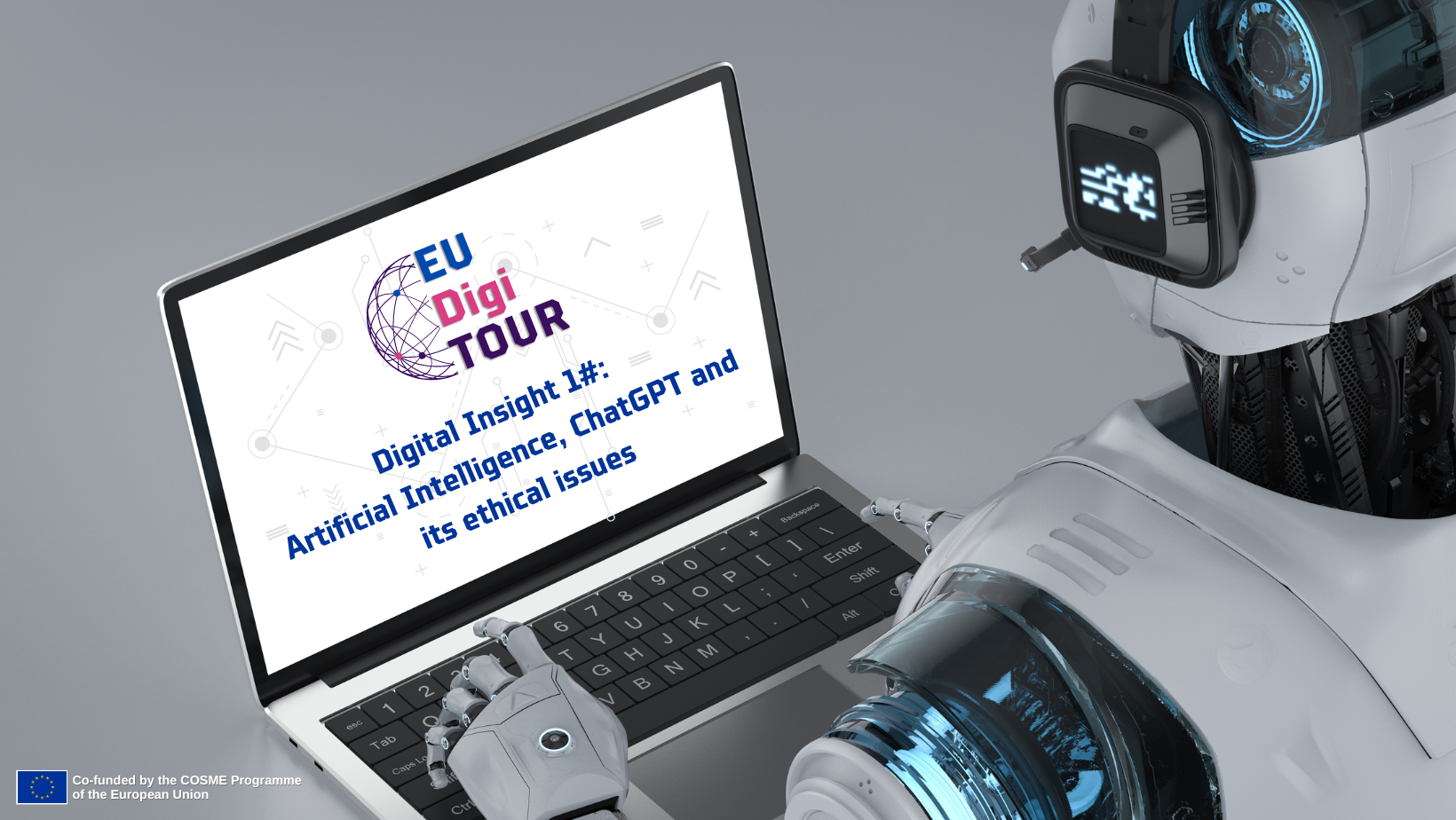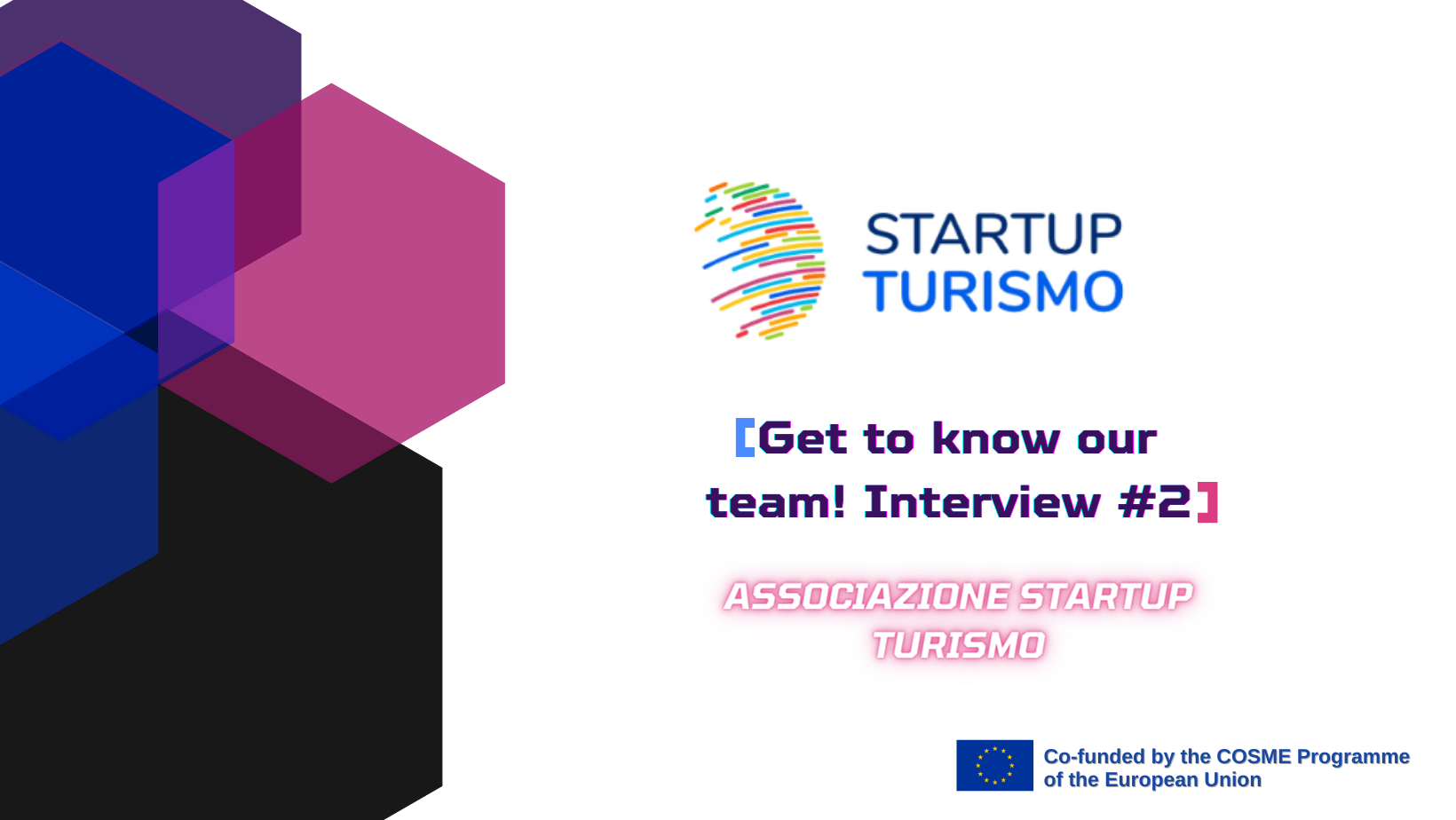The European Union's DigiTOUR project is set to create a dynamic platform for SMEs in the tourism sector to address their digital challenges head-on. Hackathons, at the core of this initiative, are poised to revolutionize how SMEs in the tourism sector in their respective NACE codes with digital competences can harness the power of innovation. In this blog post, we'll delve into the world of hackathons, understand their roles and approaches in the EU DigiTOUR, and explore how these high-energy events are poised to drive change and innovation in the SME landscape.
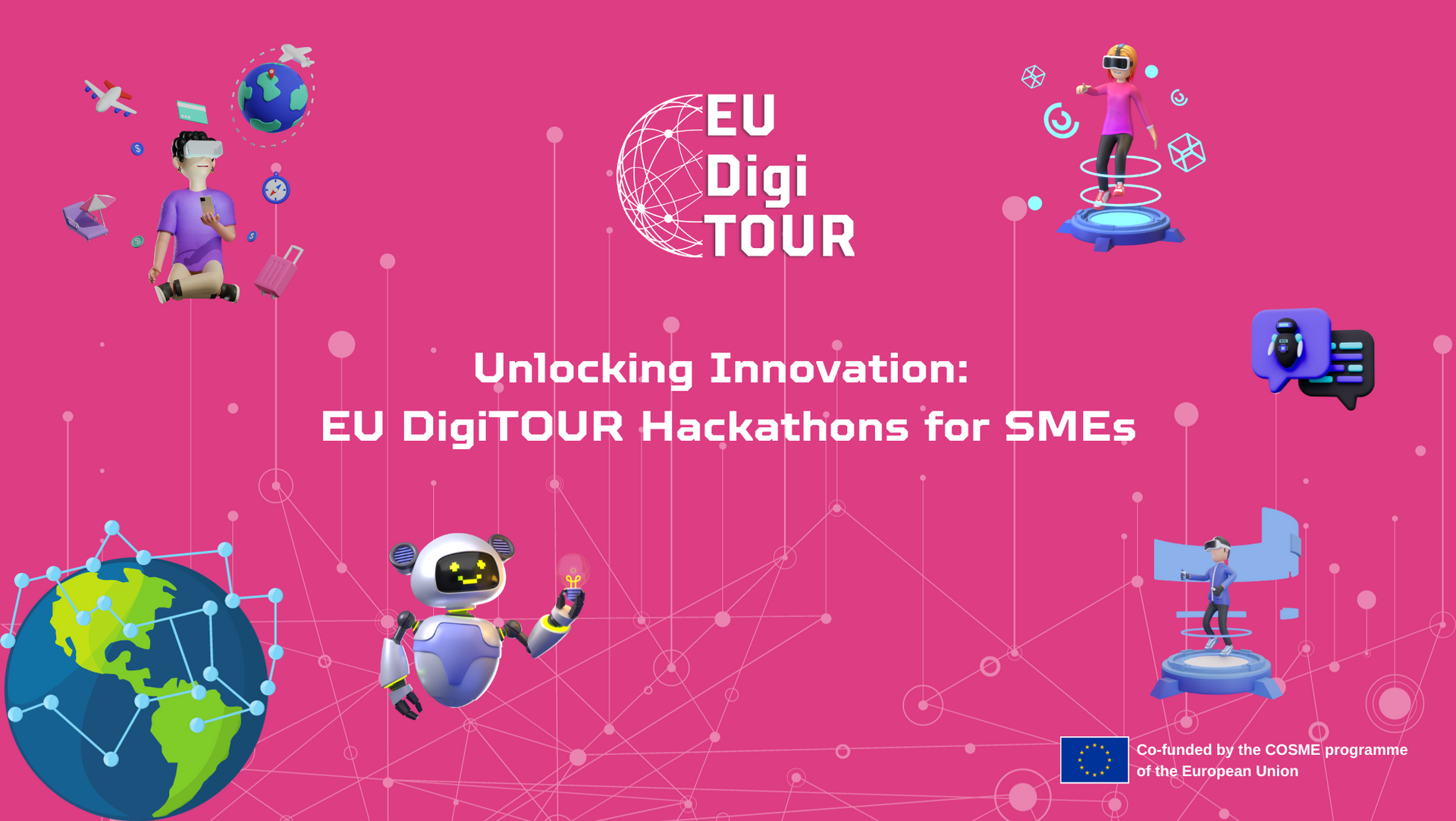
What are Hackathons?
A hackathon is a unique blend of creativity, innovation, and collaboration. It's a time-bound event where individuals from diverse backgrounds and skill sets converge to tackle specific problems or challenges. While hackathons are often associated with coding and software development, they extend far beyond programming. These events embrace a holistic problem-solving approach, making them inclusive and multidisciplinary.
Participants, often referred to as "hackers," form teams and work intensively to ideate, design, and develop solutions for predefined problem statements or project goals. These challenges span a wide range of fields, from technology and healthcare to environmental sustainability, social issues, finance, and more. The essence of a hackathon lies in its capacity to bring diverse skills and expertise to the table, fostering well-rounded problem-solving that merges creativity, technical proficiency, and domain knowledge.
The event typically spans a condensed timeframe, ranging from a few hours to several days, with some hackathons running for 36-48 hours nonstop. This short timeline encourages urgency, pushes creativity, and fuels rapid thinking. In essence, hackathons are innovation marathons on steroids.
At the end of the hackathon, participants present their solutions to a panel of judges, demonstrating deep problem analysis and innovative solutions. Teams are recognized and rewarded based on predefined criteria, which typically include creativity, feasibility, user experience, scalability, and overall innovation.
Hackathons in EU DigiTOUR
The primary goal of the EU DigiTOUR hackathon is to provide unique solutions to at least 45 SMEs in the tourism sector by collaborating with startups, students, and experienced mentors. The ultimate result is to select 30 SMEs as winners through an international jury, granting them vouchers and support to further develop their ideas in partnership with innovative startups.
Participants don't require specific knowledge to join a hackathon. SMEs need to be aware of the problems they aim to solve, while other participants may benefit from prior industry knowledge. Every participant brings specific competences to the table, contributing to a well-rounded problem-solving approach.
Winning SMEs will receive cascade funding, amounting to 10,000 euros, to further develop their hackathon ideas. All participating SMEs will gain deep insights into their proposed solutions, the opportunity for further collaboration with startups, and support from internal and external mentors.
The EU DigiTOUR hackathons are set to revolutionize the SME landscape in the tourism sector. These high-energy, collaborative events promise innovation, creativity, and meaningful problem-solving. With diverse teams and a multidisciplinary approach, SMEs can harness the power of hackathons to address digital challenges, drive change, and unlock the full potential of their businesses. It's time for SMEs to embrace the hackathon revolution and lead the way in the digital transformation of the tourism sector.
